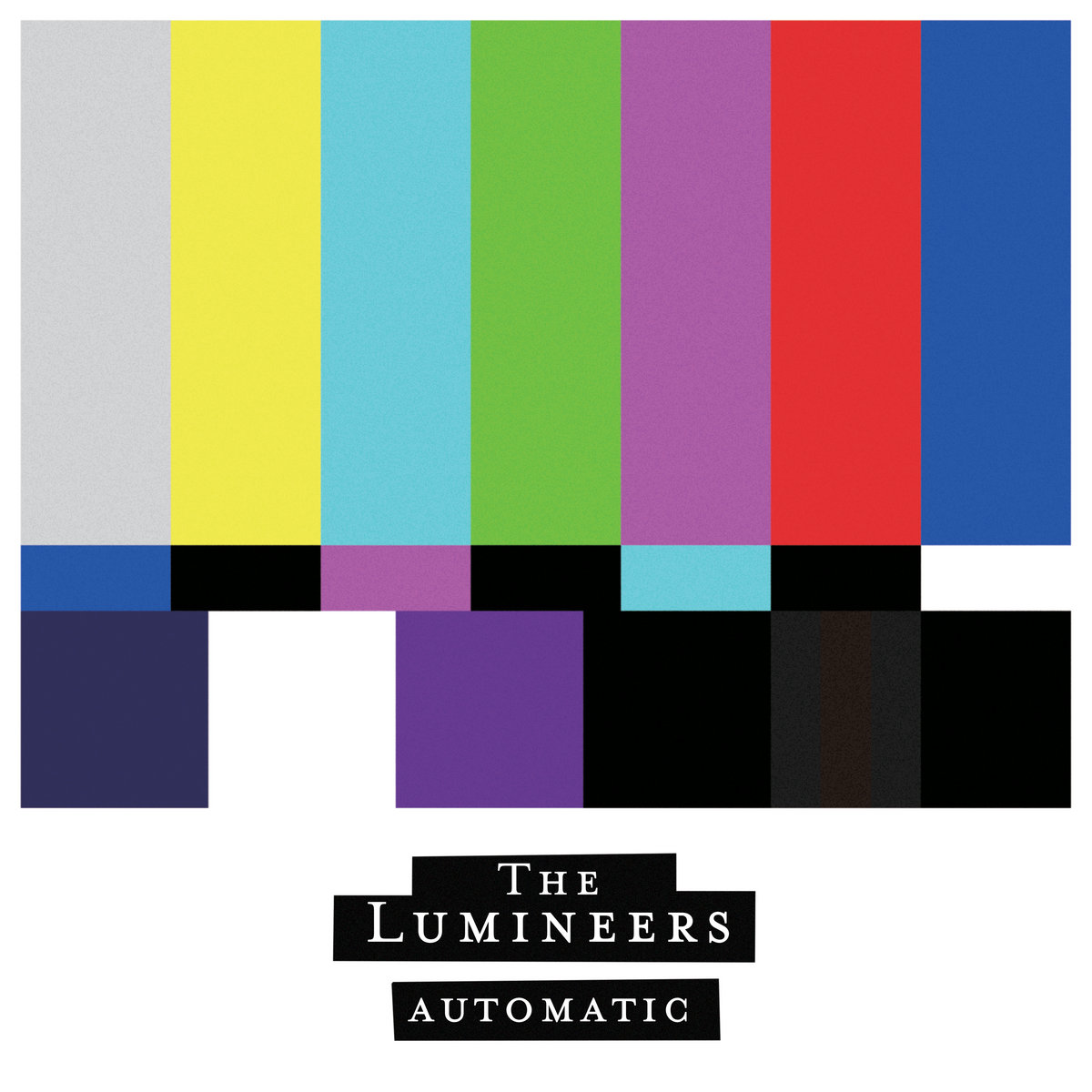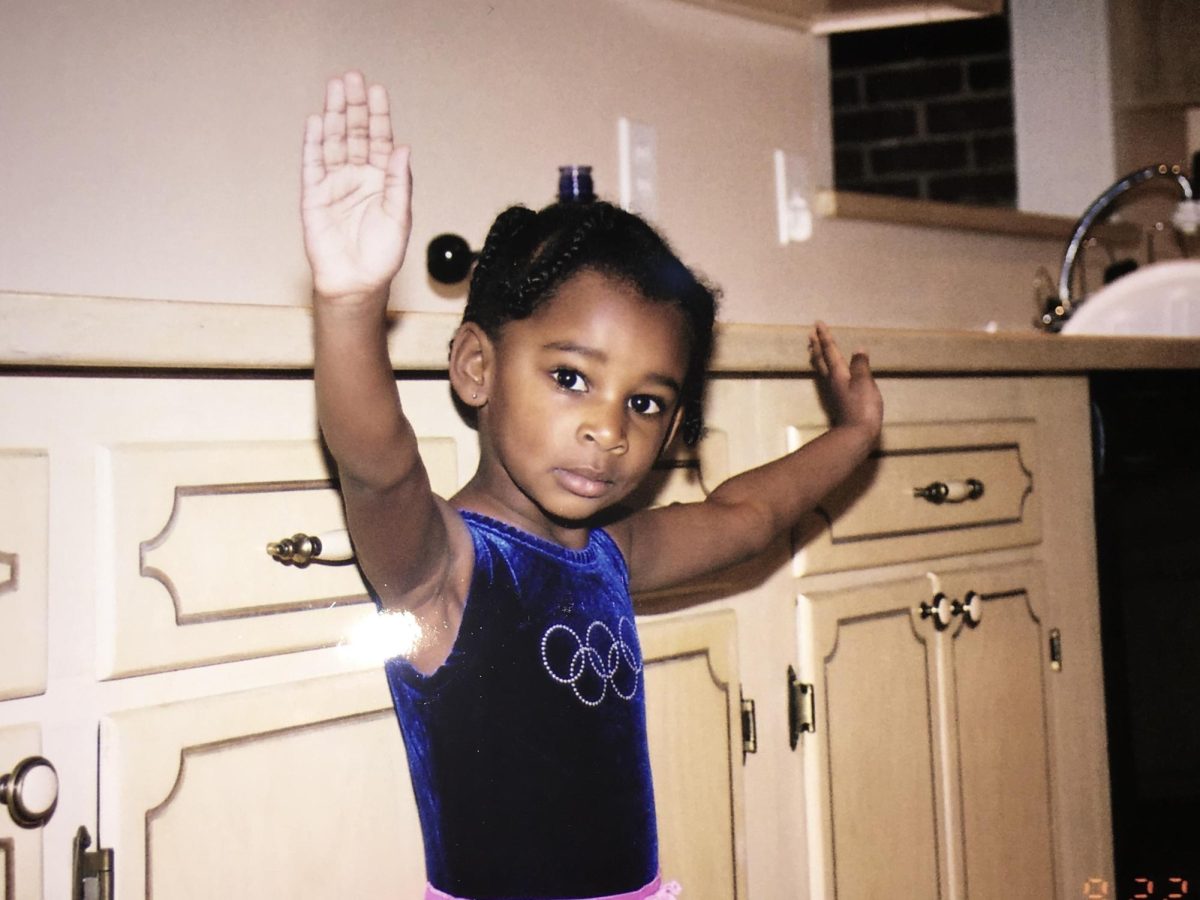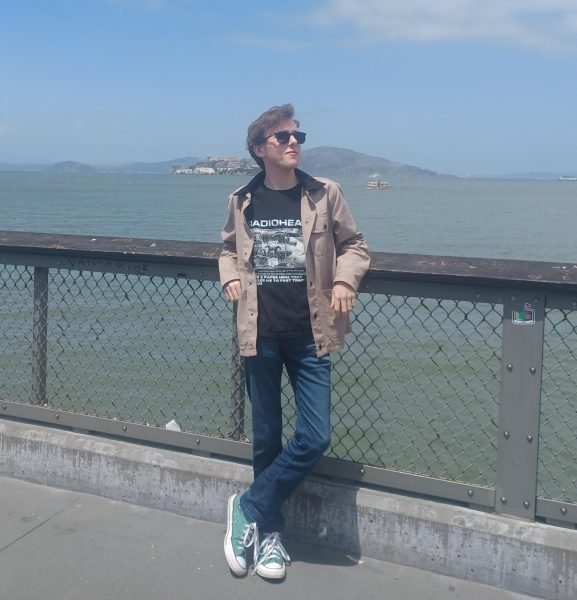It can be said that an artist may never find peace of mind for as long as they are aware of their artistic ability. How can one possibly rest in the presence of art – the natural beauty of the world and humanity’s indomitable spirit constantly inspiring creation?
Longingly gazing out a window, imagining untold stories unfolding across the fields outside, I find myself acutely aware of my infatuation with artists. I do wonder some days if I would find myself happier in an environment full of people moving faster than my own brain thinks. New York? California? Where will I end up? As I continue to age – as all humans do, to my knowledge – I question the integrity of my infatuation, curious as to whether the real world is founded upon the same passion I hold so dearly.
After five long years, American rock band Vampire Weekend arrives back from hiatus on the subway train with arguably their best piece of work to date. Only God Was Above Us marks the first release from the group written as a trio, following the departure of keyboardist Rostam Batmanglij. Their 2019 release, Father of the Bride, was marketed as a solo release, entirely written by lead singer Ezra Koenig. Self referential yet brutally vulnerable, Weekend creates a powerful tracklisting of nostalgic bliss and sweet melodies. From “Ice Cream Piano,” a strange burst of distorted synths and marching drums to open the album, to “Hope,” the eight-minute closer filled with glittering keys, Only God Was Above Us is a powerful display of artistic integrity.
Weekend extraordinarily creates room for reflection on past work and the fundamentals of being an artist, and no track does this better than “Mary Boone.” With tender string arrangements and choir chambered vocals, the depiction of an artist arriving in a buzzing city is imagined, coinciding perfectly with the album’s late 20th century cover art. Naivety is challenged when our narrator finds themself looking for something new, seeking a sort of omnipotent figure hypothesized in the distance. Our narrator amidst the buzz hunts for solitude, frustrated by the cost of living and perhaps the struggles of financial stability as an artist. Even surrounded by loud speakers in a theater, loud movements of the outside world leak into the room. Our narrator becomes infatuated with this distant figure whom they love, battling concepts of riches and fame.
I’m on the dark side of your room /
Well, I hope you feel like loving someone soon.”
Mary Boone, a famous New York art dealer, becomes the beacon of light our narrator seeks out for guidance. Hiding in the shadows metaphorically, our narrator wishes to be seen at the same level as famous and wealthy figures such as Boone. With sorrow, our narrator never truly receives the respect they request, recognizing their desires as nothing more than a wish to not be forgotten in the fizz of the city.
After all, infatuation is nothing more than a phase. It comes and goes just as any other emotion does, sprinkled over your life’s narrative. Across the expansive sonic landscapes painted in “Mary Boone,” Weekend suggests there might be something more to it: unrest is the essence of our lives.
If you like the sound of twinkling keys, choir chants and indie rock drums, listen to Only God Was Above Us, the new album from Vampire Weekend.
















